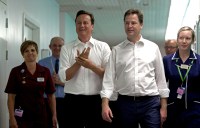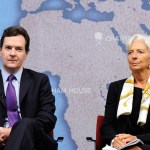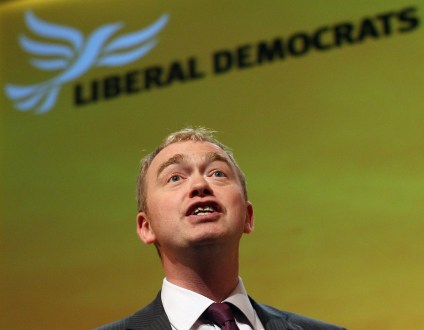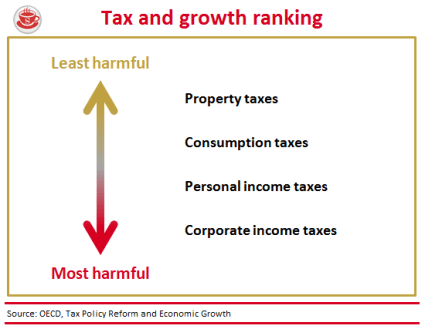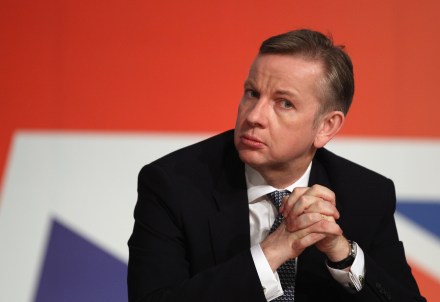Osborne faces the fire over fuel duty
Will fuel ever stop being a cause of political discontent? It was the fuel protests of 2000 that first tarnished Blair’s electoral allure, according to some of the advisors who were around him at the time. It was a question about petrol prices that provided Gordon Brown with one of the most awkward moments of his premiership. And it was the same issue that punctuated the build-up to George Osborne’s Budget and Autumn Statement last year, and now to next month’s Budget too. The Mail, the Sun, Tory backbenchers and others are once again lobbying the Chancellor to act. Of course, there are clear reasons why fuel is always such





